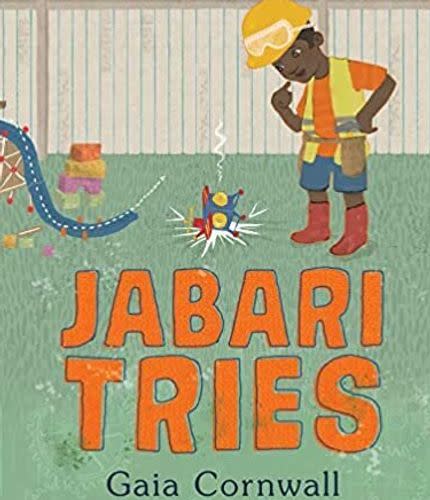Diverse Children’s Books That Aren’t About Diversity

Children’s book publishers have come a long way in addressing disparities in representation, but kid lit still remains disproportionately white. Estimates suggest, for example, that only about 30% of books for young children published in the last two decades or so feature Black characters.
Fortunately, there has been a flowering of more diverse books over the past few years, particularly those featuring Black, Indigenous and characters of color whose race or ethnicity is not central to the plot. Diverse Book Finder, a free catalog of more than 2,000 picture books with BIPOC characters from researchers at Bates College, calls these “any child” books.
A classic example of an “any child” book is “The Snowy Day,” which was one of the first children’s books to center around a Black character — and one to feature a character whose race wasn’t key to the plot in any way. There’s something powerful about books featuring kids who are growing up, making friends, playing in the snow, using their imaginations and enjoying life, and who also just happen to be BIPOC.
As the novelist Rumaan Alam said in a 2016 Slate article, “Must every book featuring black faces force our children to confront the tortures of our past and the troubles of our present? These are important things that our black and brown children must learn — but they must also learn the pleasure of reading a story in the relaxed, quiet moments before bed, reading not to learn but to feel safe, feel loved, laugh, wonder.”
Of course, stocking up on “any child” books alone won’t teach children about the power of representation, but it is an important step.
With that in mind, here are 15 new(ish) diverse books that aren’t explicitly about diversity.
This story is part of a HuffPost Parents project called I See Me, a series for all parents and kids on the power of representation. We know how important it is for kids to see people that look like them on the biggest stages, from politics to sports and entertainment and beyond. Throughout February, we’ll explore the importance of representation in teaching kids about difference, acceptance, privilege and upstanding.
This article originally appeared on HuffPost and has been updated.
